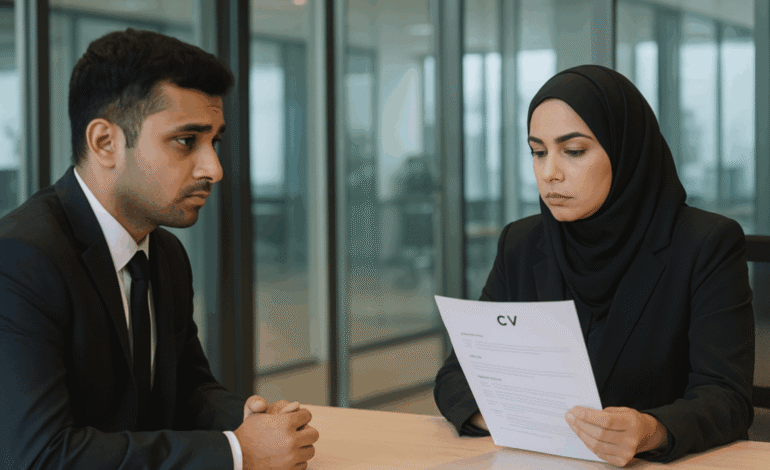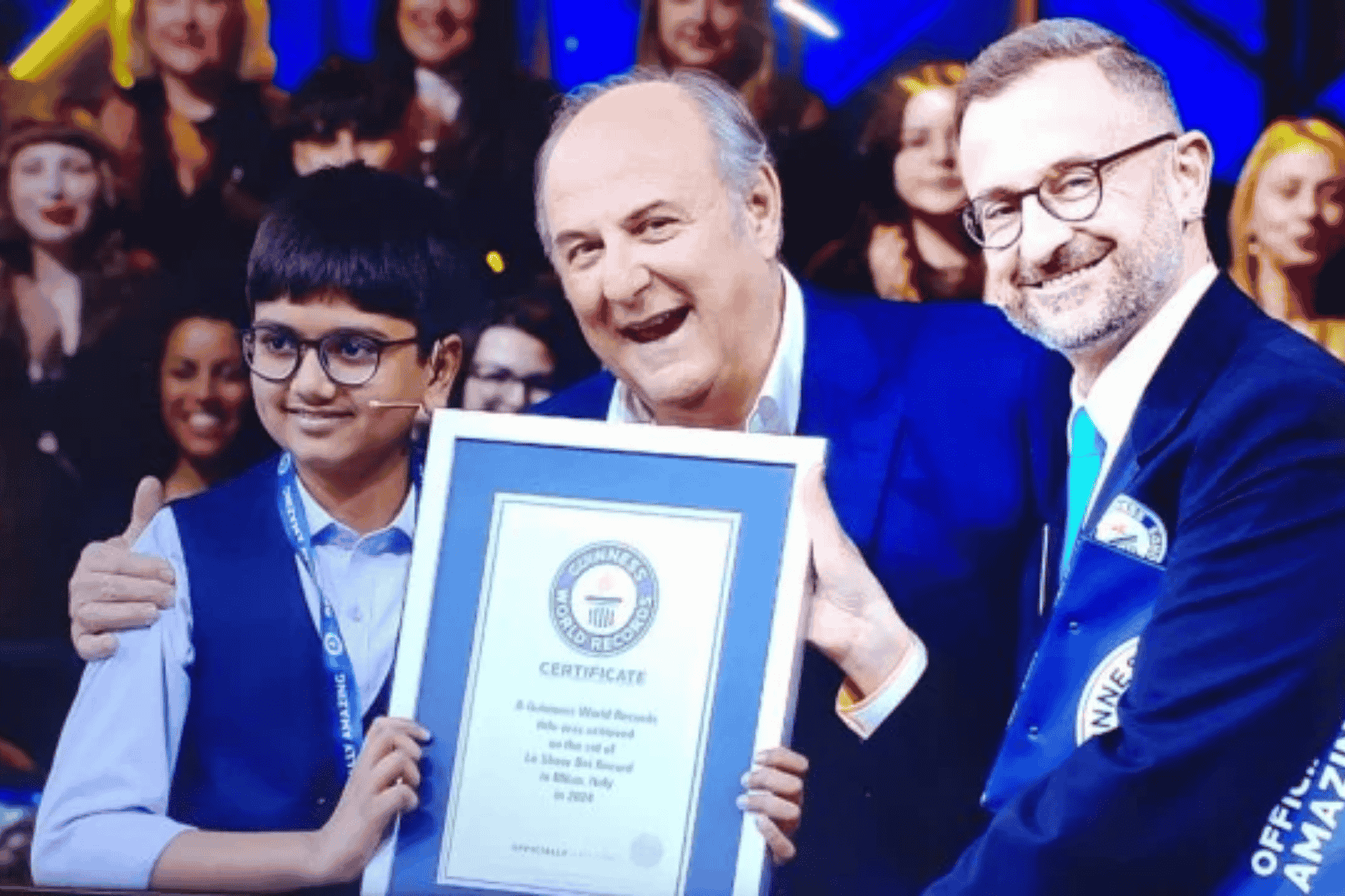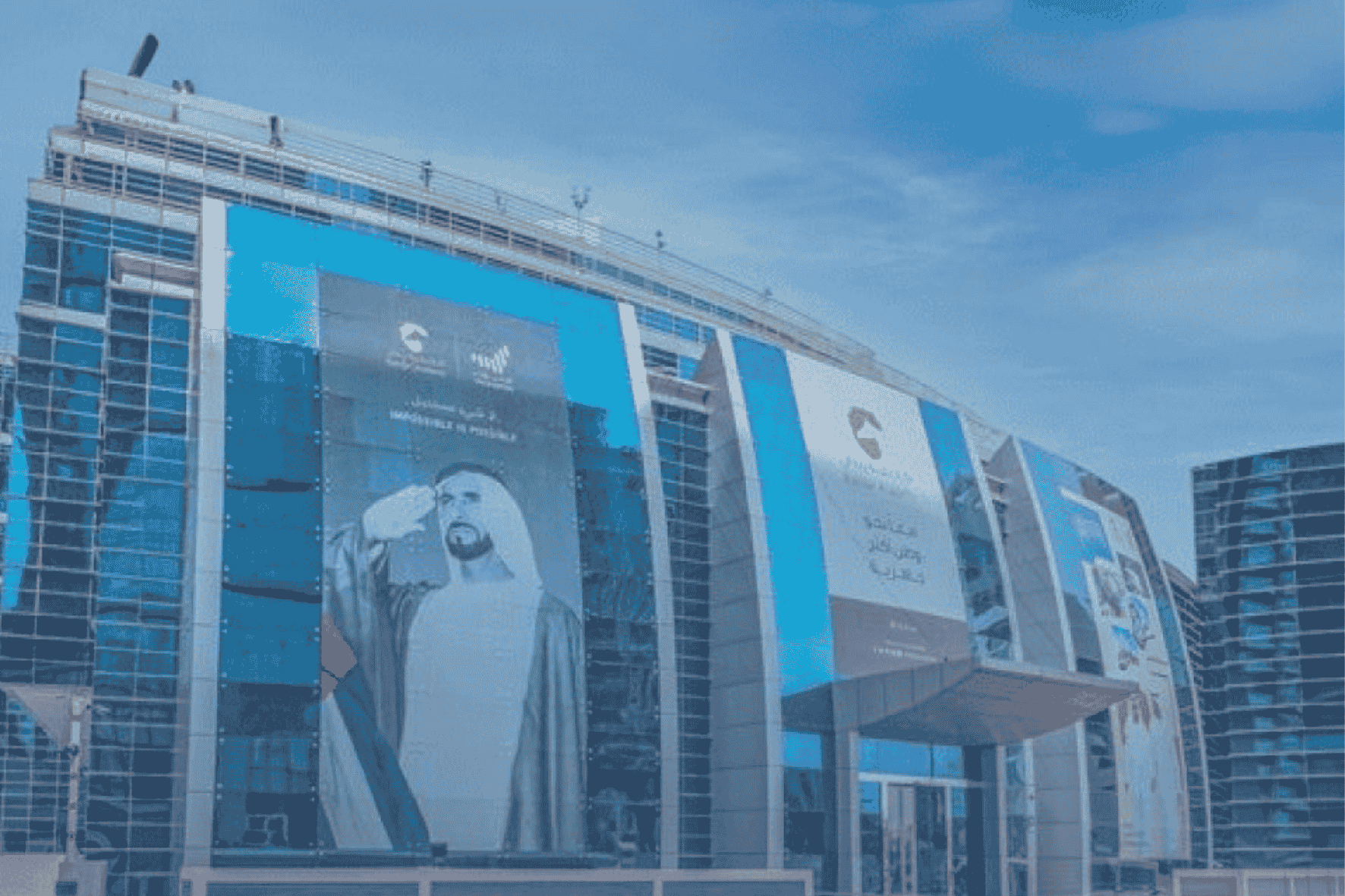Dubai Foundation Launches Jobs Program Empowering Refugees Across Arab States

Dubai has taken another big step in helping young refugees and displaced communities across the Arab world. The Abdulla Al Ghurair Foundation (AGF), in partnership with the International Finance Corporation (IFC), has launched a new program that will give jobs, training, and entrepreneurship opportunities to nearly 7,000 young people in Jordan, Lebanon, Palestine, and Syria.
This initiative is different from traditional aid. Instead of offering only temporary support, it focuses on building skills that can open doors to long-term careers. At least half of the beneficiaries will be women, ensuring equal opportunities and stronger community impact.
The program reflects Dubai’s growing reputation as a hub for humanitarian leadership. It shows how the UAE is driving innovation in education, employment, and development across the region.
Moving From Aid to Real Opportunity
In fragile states, refugees and displaced people often rely on aid for survival. While this support is important, it rarely offers a chance to build a future. Unemployment is already high in countries like Syria, Lebanon, and Palestine, and for displaced youth, the challenges are even greater.
This program aims to break that cycle. By focusing on jobs and skills, the initiative gives young people the tools they need to stand on their own feet. Instead of handouts, participants will walk away with real abilities and connections that can help them secure stable work.
At the launch event during the 1001 Stars Jobs4All Forum in Dubai, Dr. Sonia Ben Jaafar, CEO of AGF, explained the mission clearly:
“Opportunity is not given, it’s built. This is about bringing together employers, educators, investors, and communities to create jobs that can survive even in fragile environments,” she said.
This marks a major shift in how humanitarian efforts are being shaped in the region.
Training Focused on Real-World Needs
The program is designed to give participants skills that are directly useful in today’s job market. Training will cover:
Business English – helping young people communicate better in professional and international settings.
Financial Literacy – teaching how to manage money, budget, save, and plan for the future.
Entrepreneurship Support – guiding participants on how to start businesses and create opportunities for themselves and others.
This approach is important because employers today want people who can adapt and show practical skills. Across the UAE and the wider Middle East, companies often value hands-on knowledge and experience even more than formal qualifications.
The Abdul Aziz Al Ghurair Refugee Education Fund will oversee the program. It will work with Glocalshift and IFC’s 1001 Stars Project to make sure private sector employers are fully involved. This means the training will not be just theoretical but connected directly to real jobs.
Women at the Center of Change
One of the strongest parts of this initiative is its focus on women. At least 50 percent of participants will be women, giving them a fair chance to learn and grow.
For women in fragile states, the barriers are often higher. They may face limited access to education, few job opportunities, and cultural challenges. By including them at the heart of this program, the initiative sends a clear message: empowering women strengthens entire communities.
This is also in line with the UAE’s national vision. The country has made strong commitments to supporting women in leadership, education, and entrepreneurship. Dubai, in particular, has become known for encouraging women in business and technology. This program reflects those same values on a regional level.
IFC’s Role in Driving Private Sector Involvement
The International Finance Corporation (IFC), part of the World Bank Group, is a key partner in this effort. Its role is to bring in private sector companies and investors who can create real jobs.
In 2024, IFC launched the 1001 Stars Project, which connects businesses from across the Middle East, Afghanistan, and Pakistan. The goal is to create thousands of opportunities for groups who are often left out of the job market, such as refugees, women, and people with disabilities.
IFC Vice President Hela Cheikhrouhou spoke about the importance of this partnership:
“Across the Middle East, displaced individuals are striving to overcome very difficult circumstances. IFC is proud to work with the Abdulla Al Ghurair Foundation and private businesses to expand access to skills and dignified jobs.”
This combination of humanitarian goals and business involvement ensures that the program goes beyond charity. It becomes a pathway to long-term growth.
Dubai as a Center for Humanitarian Innovation
Hosting the launch in Dubai was no coincidence. Over the years, Dubai has built a reputation as a global hub for development, humanitarian aid, and innovation. The city regularly hosts major events that bring together governments, NGOs, investors, and companies to discuss how to build better futures.
The 1001 Stars Jobs4All Forum is one such event. By giving space for these conversations, Dubai strengthens its position as a place where global and regional challenges are turned into actionable solutions.
This also ties into the UAE’s Vision 2031, which emphasizes sustainability, knowledge, and innovation as key drivers of the future. Supporting displaced youth in fragile Arab states is a direct reflection of this vision.
Tackling Youth Unemployment in Fragile States
Unemployment among young people remains one of the biggest challenges in the Arab region. According to international reports, youth unemployment in many Middle Eastern countries is among the highest in the world.
For displaced youth, the problem is even more serious. Many cannot access higher education or formal jobs because of legal restrictions, lack of documentation, or discrimination. As a result, they are often left without hope or opportunity.
This program directly addresses that gap. By linking education, skills training, and employment, it creates a bridge between young people’s potential and real opportunities in the job market.
Building Dignity Through Skills and Jobs
What makes this initiative powerful is not just the number of people it will train, but the dignity it provides. Having a job or running a small business is about more than money. It’s about self-respect, independence, and being able to support family and community.
Participants who complete this training will be able to move forward with skills that can last a lifetime. Whether they find work in companies, start their own businesses, or use financial literacy to manage better lives, they will be better prepared for the future.
By building resilience and reducing dependency, the program helps entire communities recover and grow, even in the face of difficult conditions.
A Model for the Future
This initiative is not just for the 7,000 young people it will directly support. It could also serve as a model for other countries and regions facing similar challenges.
By combining the strengths of humanitarian organizations, governments, private sector businesses, and investors, it shows that large-scale problems need collaborative solutions. Instead of short-term fixes, the focus is on creating systems that can keep working year after year.
In the future, this model could be expanded to other areas where displacement and unemployment remain critical issues.
Dubai Leading a Humanitarian Shift
This new jobs and skills program reflects a major step forward in humanitarian support. It shows how Dubai, the Abdulla Al Ghurair Foundation, and IFC are working together to change lives in fragile Arab states.
By giving young people tools like Business English, financial literacy, and entrepreneurship support, the program is creating long-term opportunities. By involving private companies, it ensures those opportunities are real and lasting. And by focusing on women, it ensures that no one is left behind.
For thousands of young people, this initiative is not just about finding a job. It’s about hope, dignity, and building a better future.
And for Dubai, it is another example of how the city leads with vision and action turning humanitarian support into lasting change.








1 Comment
[…] the new rule, professional qualifications are now expected to be reviewed and approved within 10 working days. This reduction covers a broad […]
Comments are closed.